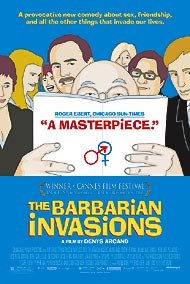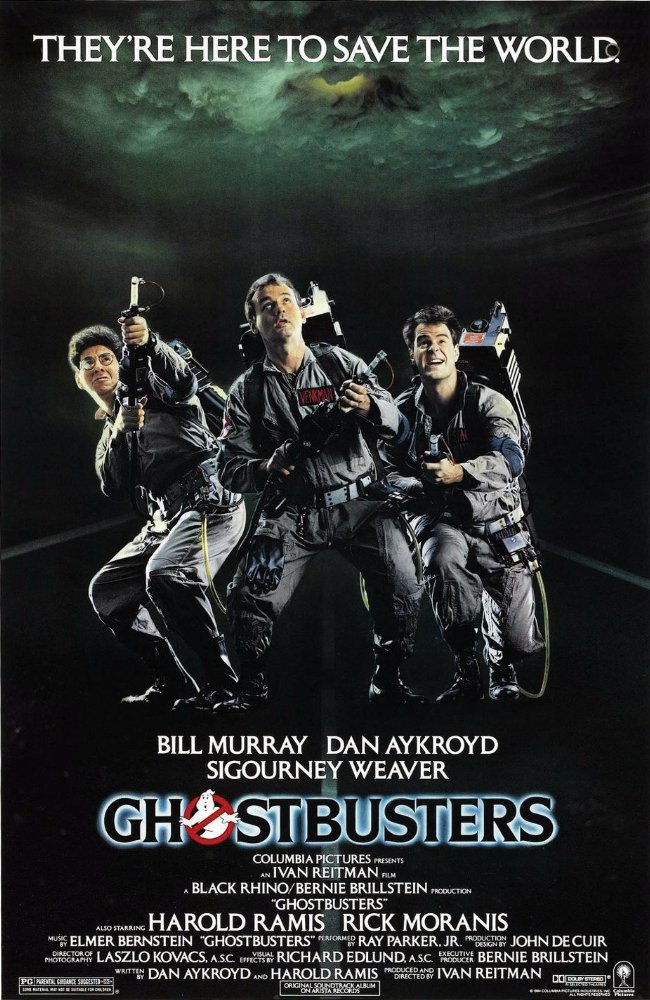5 Great Libertarian Movies!
These films showcase individualism, innovation, and anti-statism, all while making us laugh and cry.
HD DownloadForget the Oscars! Here are five great movies made over the past quarter-century that any libertarian will (must?) enjoy.
The Incredibles (2004)
This Pixar film directed by Brad Bird is so full of speeches extolling individualism, personal greatness, and self-fulfillment it sometimes sounds like it was scripted by Ayn Rand. Even the supervillain in The Incredibles, Syndrome, is a creature of self-invention and self-improvement. While the Incredibles are born with their powers, Syndrome is a normie who worships Mr. Incredible and is desperate to be his sidekick. When his hero dismisses young Buddy, he uses that disillusionment to fire his ambitions to create weapons and powers via innovative technology and then sell them to the highest bidder.
Like an animated version of Richard Nixon, Syndrome's ambition ultimately gets the best of him, but he just may be the real hero of the movie, at least for those of us without naturally occurring superpowers.
The Incredibles are returning after a 14-year hiatus, with a sequel hitting theaters in June, so we'll see them again soon.

The Barbarian Invasions (2003)
Québécois director Denys Arcand's brilliant sequel to The Decline of the American Empire is the single best depiction of the depredations of socialized medicine. Canada's health care system is so sclerotic that the movie's protagonist, a retired left-wing academic named Rémy, cannot even score the drugs he needs to commit suicide until his estranged son, a banker, buys them on the black market.
Even more disturbing is the moment when the terminally ill Rémy and his former colleagues admit that their intellectual faddishness led them to embrace every awful "ism" of the past 30 years despite those ideas' often massive human toll.
Dallas Buyers Club (2013)
This based-on-a-true-story movie about a rodeo rider and a drag queen routing around the Food and Drug Administration brought home Oscars not just for its two leads, but the film's makeup artist, who reportedly worked on a budget of just $250.
Set in the 1980s, Matthew McConaughey plays Ron Woodroof, a boozy roughneck who is given 30 days to live after being diagnosed with AIDS. Faced with a death sentence, he schools himself on a wide variety of treatments, first in Mexico and then all over the world. With the help of a cross-dressing party girl named Rayon, Woodroof skirts FDA prohibitions against importing, using, and selling unapproved drugs by creating a "buyers club," in which members pay a monthly fee and assume all risks.
The depiction of official indifference to patient suffering and the bureaucratic quashing of medical freedom even for people who are certain to die is unsparing, moving, and inspirational, especially now that even Donald Trump has endorsed "right to try" legislation that would allow terminally ill patients access to non-approved medicines.

Joy (2015)
Jennifer Lawrence became a mega-star playing the anti-government rebel Katniss Everdeen in the Hunger Games movies. While there's no shortage of libertarian sentiment coursing through that series, it's actually a quieter movie starring Lawrence that fully embodies libertarian virtues of hard work, commercial innovation, and dogged entrepreneurship.
In Joy, Lawrence plays real-life "Miracle Mop" inventor Joy Magano, who helped make cleaning your floors easier while making herself rich. The film is a paean to capitalism's genius at allowing self-expression and self-fulfillment. As the story begins, Magano is supporting a wide variety of family layabouts while barely making ends meet.
In a dramatic scene with Bradley Cooper, who plays an executive at a home-shopping network, Joy summarizes in a few sentences what it took Joseph Schumpeter, Friedrich Hayek, and Milton Friedman whole books to say:
You said to me that David Selznick, the son of immigrants, married Jennifer Jones, an all-American girl from Oklahoma, because in America all races and all classes can meet and make whatever opportunities they can, and that is what you feel—you reach into people's homes with what you sell. You said that.
As former Reason editor Virginia Postrel wrote, the film "acknowledges the wealth-creating value of incremental improvements even in the most mundane items."

Ghostbusters (1984)
Released in 1984, Ghostbusters quickly became one of most successful comedies in film history.
In many ways, the movie was perfectly in synch with the Reagan Revolution's valorization of business and demonization of government. Ghostbusters begins with a team of paranormal investigators getting kicked out of Columbia University and starting a ghost-hunting business. But even though New York is literally being invaded by evil spirits, the real villain of the movie is not the otherwordly demon Gozer but an Environmental Protection Agency bureaucrat named Walter Peck, who shuts down their operation and puts the city at risk. Hilarity ensues.
Well, what do you think? How far off the mark are we? What great libertarian movies would you add to the list? Let us know in the comments.
Produced by Todd Krainin. Written and narrated by Nick Gillespie.


Show Comments (0)